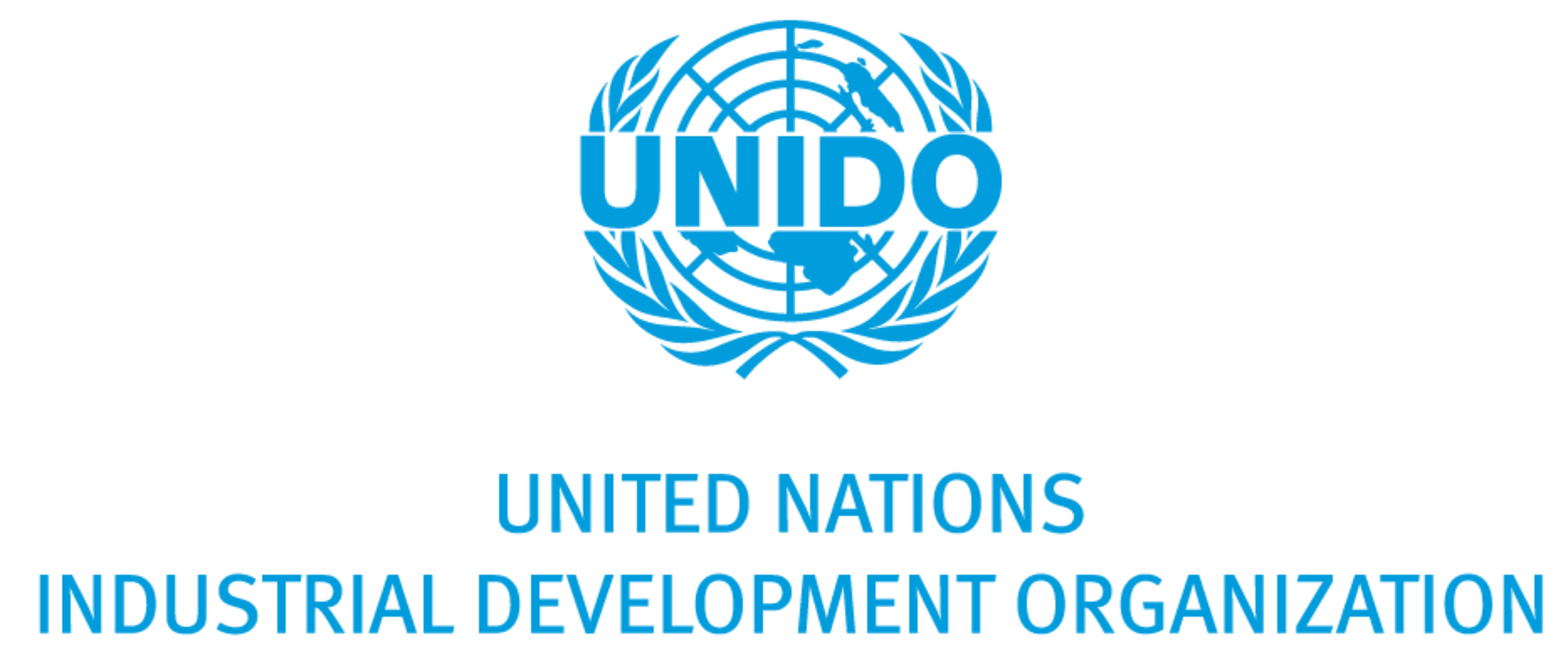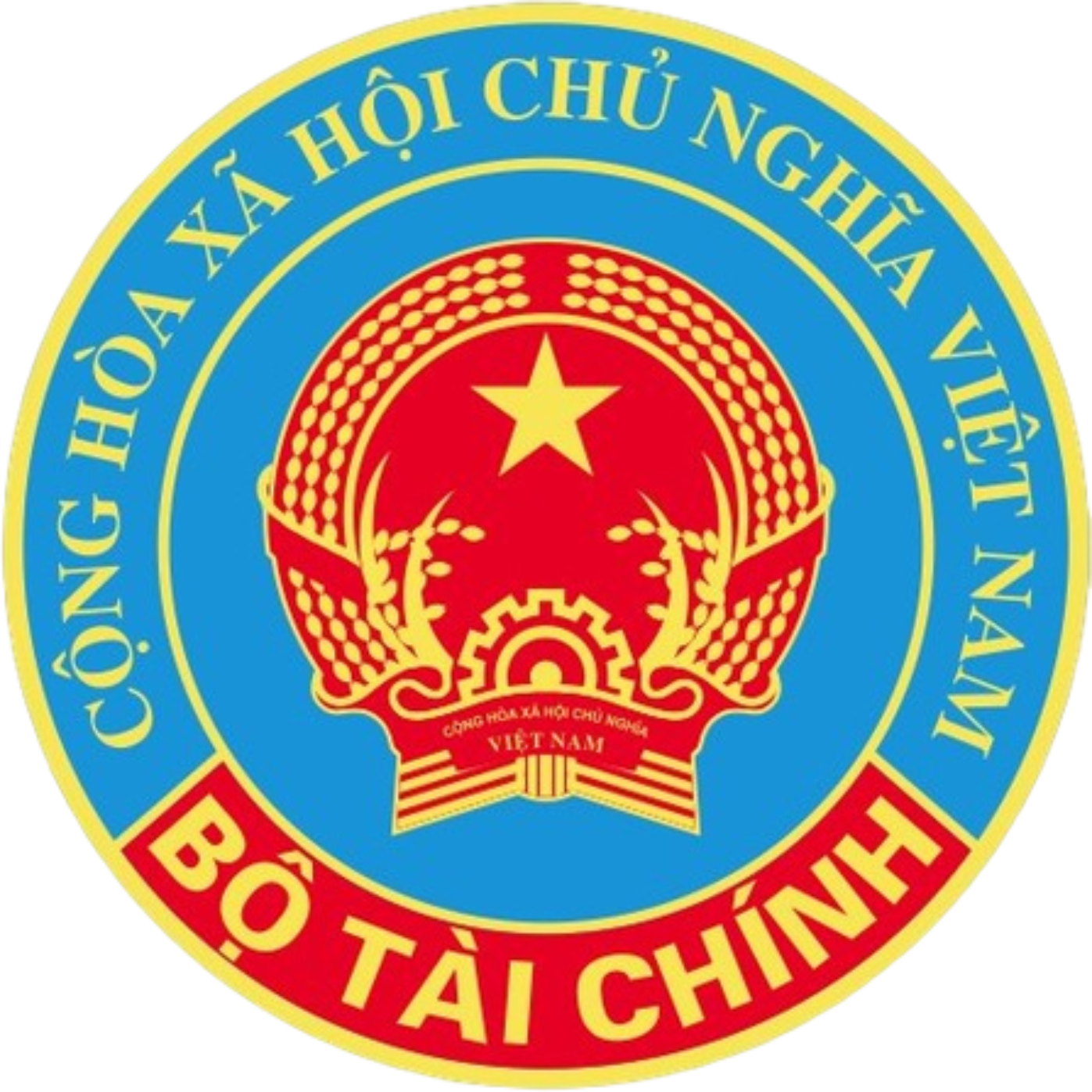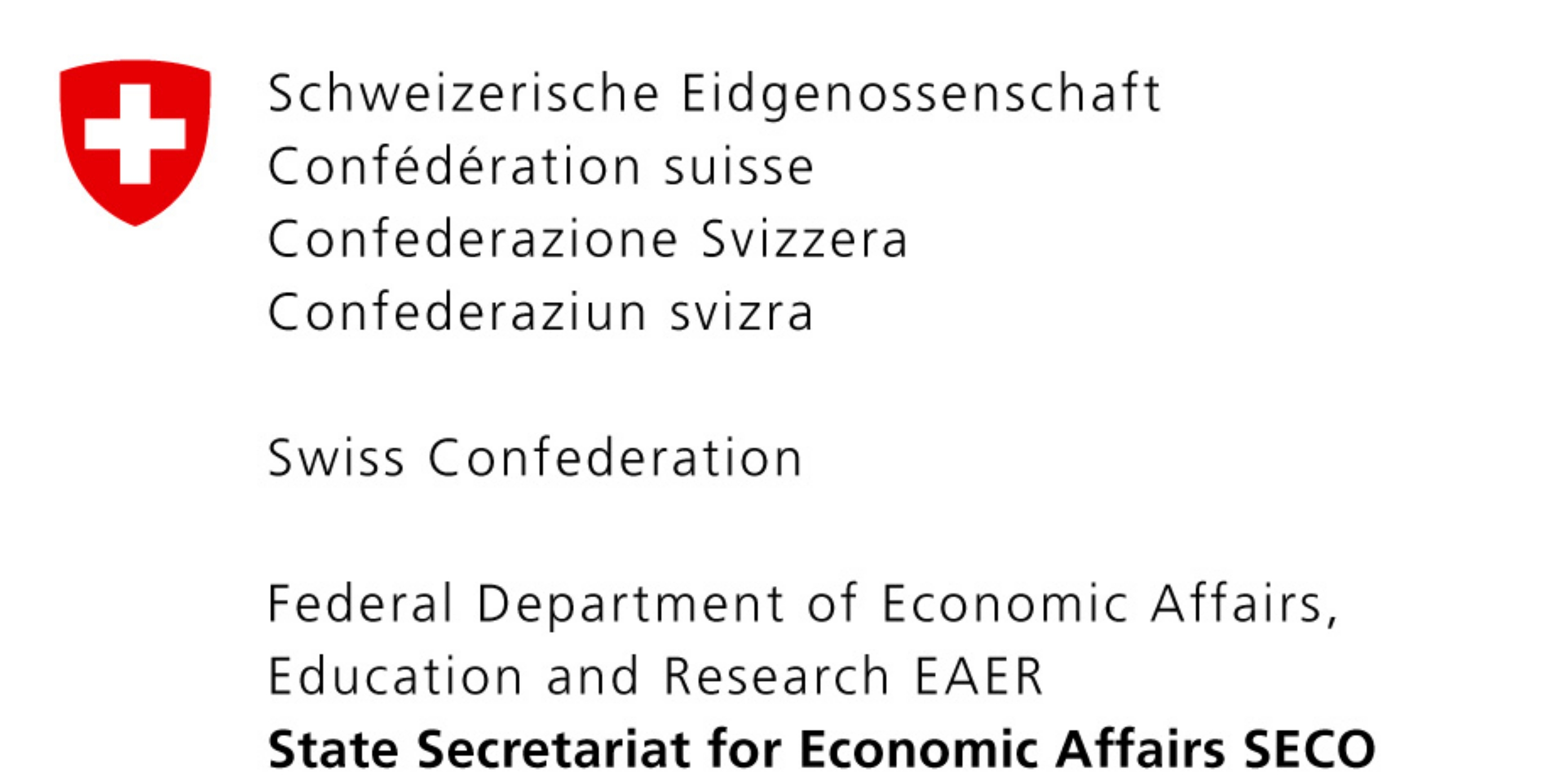LONG AN, April 24—Nearly 70 representatives from government agencies, Tan Do Industrial Park, tenant enterprises, and development organisations gathered at Tan Do Industrial Park, Long An Province, to attend a capacity-building workshop on Strengthening Capacity for Eco-Industrial Park Transformation.
The event was jointly organised by the Ministry of Planning and Investment and the United Nations Industrial Development Organisation (UNIDO) under the framework of the project “Scaling Up Eco-Industrial Park Approaches to Promote Circular Economy in Vietnam” (GEIPP Viet Nam), funded by SECO.
Strong Commitments from National and Local Authorities for Green Industrial Transformation
Long An is one of five provinces selected for piloting during the 2024–2028 phase, aiming to turn Tan Do Industrial Park into a local model for circular economy and industrial symbiosis.
In his opening remarks, Mr Nguyen Van Thong, Deputy Head of Long An Economic Zone Management Board, reiterated the province’s consistent vision: “Green growth and sustainable development are Long An’s strategic priorities, tied to the national target of achieving net-zero greenhouse gas emissions by 2050. This is not only an inevitable trend but a guiding principle throughout the province’s socio-economic development strategy.” He affirmed the province’s commitment to creating favourable conditions for responsible and efficient business operations.
Echoing this viewpoint, Mr. Nguyen Viet Hung from the Foreign Investment Agency emphasised: “Transitioning to the eco-industrial park model is imperative as Vietnam advances its international environmental commitments and sustainable development goals.” Well-planned, modern, and environmentally friendly industrial parks, he added, are increasingly attractive to foreign investors. EIPs, which balance economic gain with social responsibility, are becoming key investment criteria for FDI enterprises.
According to the development plan, Long An will have 51 industrial parks by 2030, with a total planned area of 12,433 hectares. To date, 37 parks have been established, 26 of which are investment-ready, with an occupancy rate of 69%. These parks have attracted 2,030 projects—including 1,057 FDI projects worth USD 7.2 billion and 973 domestic projects worth VND 147 trillion—creating jobs for approximately 200,000 workers. Despite these achievements, the province still faces challenges in environmental protection, resource management, and the growing demand for sustainability and green standards.
Ms. Nguyen Tram Anh, National Project Manager of GEIPP Vietnam, highlighted the role of EIPs in driving sustainable industrial development and presented the project’s implementation progress and legal advancements. Viet Nam has institutionalised the EIP model in Decree 35/2022/ND-CP and Circular 05/2025/TT-BKHDT. Between 2020 and 2024, GEIPP identified nearly 950 EIP opportunities, generating annual savings of USD 2.6 million and reducing approximately 139,000 tons of CO₂ emissions. In the 2024–2028 phase, six industrial parks will receive support to transition toward circular economy-based EIPs. Tan Do Industrial Park has been selected as a pilot site to conduct RECP assessments, explore industrial symbiosis, measure emissions, and implement renewable energy solutions—setting a precedent for other parks in the region.
Sharing his experience, Mr Giang Ngoc Phuong, Deputy General Director of Hiep Phuoc Industrial Park, recalled joining the project in November 2020 amid the COVID-19 crisis. He praised GEIPP’s transparent and confidential support mechanisms. After three years of participation, the park has identified 11 out of 21 potential symbiosis opportunities and implemented over 100 out of 305 cleaner production improvements, saving nearly USD 1.8 million annually and cutting 5,800 tons of CO₂ emissions.
Hiep Phuoc’s success illustrates that with clear policies, technical assistance, and collaborative partnerships, businesses can actively engage in and benefit from the transition through lower operational costs, improved productivity, access to green finance, enhanced brand reputation, and better compliance with global supply chain requirements.
Tan Do Industrial Park (210 hectares, Duc Hoa District, Long An Province), established in 2008, has attracted 98 investors (61FDI) projects and created jobs for 8,000 workers. Strategically located near Ho Chi Minh City with well-developed infrastructure, the park is poised to enhance its production capacity and elevate Long An’s sustainable industrial profile on the national map as it transitions to an eco-industrial park.
Technical Solutions: From Concept to Implementation
In the technical session, Associate Prof. Dr. Phung Chi Sy, Director of the Environmental Technology Centre (ENTEC), presented key methods for transitioning to eco-industrial models. Among them, Resource Efficient and Cleaner Production (RECP) was highlighted as a core solution to help enterprises optimise resource use and reduce emissions. “RECP is not just a cost-saving solution—it’s a critical foundation for enabling industrial symbiosis and advancing the circular economy,” he stated.
Mr. Vo Hong Phong, ENTEC’s Deputy Director, introduced both domestic and international industrial symbiosis (IS) models. “Industrial symbiosis requires close coordination among enterprises within the same park,” he shared.
Looking Ahead: A Sustainable Industrial Future
In her closing remarks, Ms. Adriana Alzate, Global Coordinator of the GEIPP Programme (UNIDO), reaffirmed UNIDO’s commitment to supporting Vietnam and Long An in their journey toward greener, more competitive industrial parks.
Upcoming activities in Tan Do Industrial Park include:
- RECP training for tenant enterprises
- In-depth assessments and tailored cleaner production solutions
- Ongoing technical support and green finance matchmaking
These next steps will also help establish industrial symbiosis linkages, promote GHG emission inventories, assess renewable energy potential, and support Tan Do Industrial Park in aligning with both Vietnamese and international EIP standards.
Click the link or scan the QR code below to download the workshop materials.




